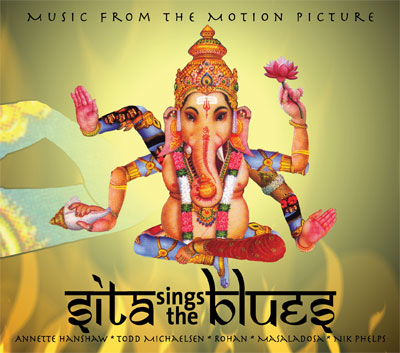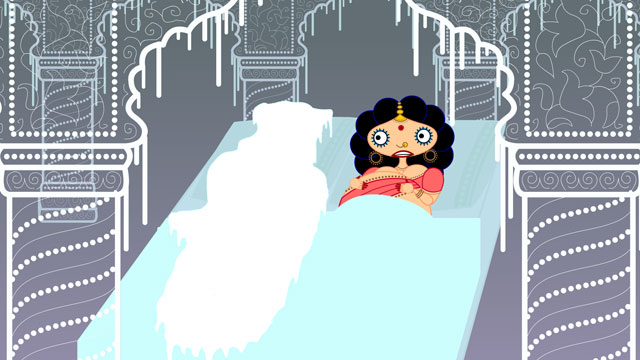Dear Lincoln Center,
On Friday, May 28, I attended a NY Philharmonic performance of Ligeti’s Le Grand Macabre.
All patrons were required to pass through long “security” lines and have our bags searched by guards. Those carrying cameras were forbidden from entering the auditorium and ordered to check their bags in an even longer line.
New Yorkers tolerate “security” searches because they remember the falling of the World Trade Center on September 11, 2001. They are willing to be treated as suspected terrorists and “guilty until proven innocent” criminals because they fear for their physical safety. They rationalize Lincoln Center’s “security” policy because they don’t want anyone bringing a bomb or weapon into a large closed space containing thousands of vulnerable people.
But cameras are not a security threat. In fact, citizen cameras increase security, and their forced removal puts us in greater danger. In the unlikely event a terrorist were able to bring a weapon into the auditorium, citizens carrying cameras would document it. Presumably Lincoln Center has its own “security” cameras, but no fixed, closed surveillance system is as effective as citizens.
I don’t trust Lincoln Center’s “security” to protect me or anyone; they are incompetent at actual security, effective only at treating patrons like suspected criminals, creating long tedious lines, and converting what was once an uplifting cultural experience into something resembling a visit to an airport. I can visit the airport for free, but being treated like a criminal at Lincoln Center cost close to $100.
After being ejected from a very long security line to enter the theater, and redirected to stand in an even longer line to the coat check, I moved my camera from my large bag into my small purse and found another entrance to the auditorium. This line’s “security” guard did not see or feel a camera, so I was allowed in. That let me know how effective the “security” guards would be at detecting a weapon or any genuine threat: not at all. Lincoln Center’s “security” did not make me feel “secure” – quite the opposite – but it did make me feel harassed.
Why does Lincoln Center treat cameras its greatest threat to “security”? Does the organization believe that photographing its productions is “stealing”? Let me remind you that anyone who wants to copy images of Lincoln Center’s copyrighted material, is physically capable of doing so. Photos of Lincoln Center and its productions circulate in Lincoln Center’s advertising, in print and on the internet. Lincoln Center has Copyright law to protect them against such illegal image-copying. Copyright law also applies to any unauthorized photos taken by audience members. Lincoln Center may ban taking photographs in its auditoria without confiscating cameras themselves. Galleries and other performance spaces do this: they have signs that say NO PHOTOGRAPHS. Banning cameras in the theater does absolutely nothing to “protect” anyone. It does however abuse legitimate theater patrons, the ones who bought expensive tickets expecting a civilized experience. Furthermore, banning citizen cameras makes it impossible for citizens to document real danger, thereby lessening everyone’s real security.
People dress up to go to Lincoln Center. They pay hundreds of dollars. They believe it’s important to support the arts. In return, Lincoln Center treats its patrons like criminals, and exploits their fears of terrorism to enforce a misguided, dangerous, and invasive no-camera policy.
Lincoln Center should abandon its dangerous and harassing “security” policies and return to respecting its patrons.
Sincerely,
–Nina Paley
Art Lover




